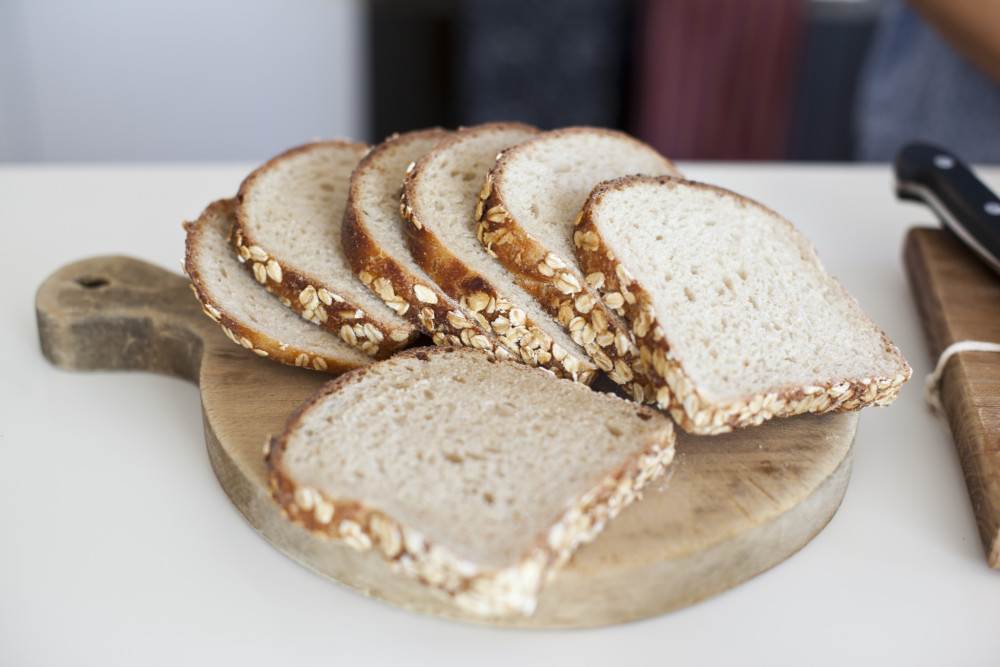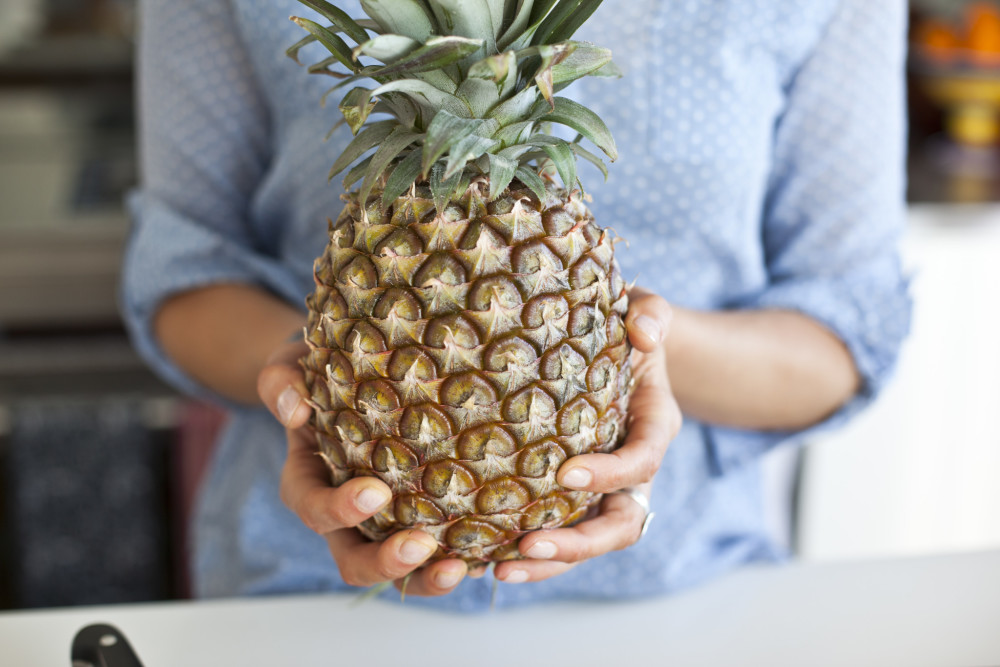 Poor, misunderstood carbs. If there’s one piece of weight loss advice that seems to have brainwashed the world, it would have to be that ‘carbs make you fat’. Carbohydrate has become a dirty word with low carb diets promoted as being the easiest way to lose weight, fast.
Poor, misunderstood carbs. If there’s one piece of weight loss advice that seems to have brainwashed the world, it would have to be that ‘carbs make you fat’. Carbohydrate has become a dirty word with low carb diets promoted as being the easiest way to lose weight, fast.
But the truth is there is nothing magically ‘fattening’ about carbs.
Firstly, what exactly are carbs?
Carbohydrates are one of the three macronutrients (the other two are protein and fat). Most foods are made up of a combination of these macronutrients, rather than just being one or the other.
Carbohydrates are found in foods such as bread, cereal, rice and pasta, starchy vegetables such as potato and sweet potato, legumes, fruit, milk, yoghurt and sugar.
When we eat carbs, our body converts them to glucose which provides energy to our cells.
Why do we need them?
In my clinic I see lots of people who restrict carbohydrates in an effort to lose weight but are then so exhausted that they can barely get through the day. They have trouble concentrating, feel irritable and have constant sugar cravings.
Carbohydrates are our body’s favourite fuel source and provide energy to our cells so that we can think, speak, move, work and even sleep. Yes, your body can get this energy from other sources but it prefers to get it from carbs. If we deprive our body of it’s favourite fuel, we generally end up feeling tired, lethargic and grumpy. This is often accompanied by overwhelming sugar cravings as the body tries its best to coax us to give it some much needed fuel (sugar is a very concentrated form of carbohydrate).
 So why all the fuss about carbs – will they make me fat or not?
So why all the fuss about carbs – will they make me fat or not?
Eating too many carbs can cause you to gain weight, but so can eating too much protein or fat.
The issue with carbs is that they are often very easy to overeat. Think about your favourite food – cake, freshly baked bread, chocolate, biscuits, chips….chances are they are high in carbs, all high in calories, all delicious and easy to overeat. And eating more calories than we burn off = weight gain.
The illusion of easy weight loss
There are a couple of reasons why cutting out carbs often results in some dramatic, but generally short-term, weight loss.
Firstly, our bodies store up carbohydrates so that they have energy ready to go when we need it. These carbs are stored in the muscles and liver along with water as glycogen. So when we cut out carbs, we use up this glycogen, and in the process, we lose water. Water loss = weight loss (but not fat loss!). This is often referred to as ‘water weight’.
The other reason is simply that a low carbohydrate diet generally means a lower calorie diet. Because so many foods contain carbs, the choices on a low carb diet are limited and hence calorie restriction is often automatic, even if unintentional.
Not all carbs are created equal
The thing about carbohydrates are that they’re a very broad category of foods. At one end of the spectrum is pure sugar added to foods such as soft drink, lollies, cakes and biscuits – the foods best kept to a minimum. Then there are natural sugars found in fruit and dairy products. Then we have starchy foods and such as bread, rice, pasta, cereal and potatoes and finally, at the other end of the spectrum, fibre rich foods such as wholegrains, fruits, vegetables and legumes – the healthiest foods we can eat.
Added sugars are not necessary in our diet and can lead to weight gain and tooth decay. Likewise, highly processed carbohydrate foods containing large amounts of saturated fat and such as many snack foods, cakes and biscuits can contribute to weight gain and cardiovascular disease and are best kept to a minimum.
Natural sugars and starchy foods, on the other hand, are good sources of sustained energy while fibre is extremely important for bowel health and has been found to reduce the risk of cardiovascular disease, type 2 diabetes and certain types of cancer.
So, should I cut down on carbs?
Overall, the type of carbohydrates you eat is much more important than the amount. If we choose whole, minimally processed foods as close to their natural state as possible, we are automatically choosing the healthy types of carbohydrates, rich in natural sugars, starch and fibre and low in added sugar.
OK, so what carbs should I eat then?
Go for high fibre, low GI carbs such as:
- Fruit
- Starchy vegetables such as potato and sweet potato
- Wholegrain breakfast cereals such as oats
- Bread, rice and pasta (preferably brown or wholemeal)
- Quinoa, cous cous, buckwheat etc
- Dairy products such as plain milk and yoghurt
- Legumes such as beans, lentils and chickpeas
 How many carbs do I need?
How many carbs do I need?
Technically, you don’t ‘need’ any carbs, but the body does prefer to use them for energy over protein or fat. The ideal amount depends on your age, gender, height, weight and activity levels. Ideally around ¼ quarter of your meals should be made up of starchy carbs (bread, rice, pasta – preferably wholegrain, potatoes etc) and your diet should include plenty of fruit and vegetables and 2-3 serves of dairy: carbohydrate needs sorted.
Should I avoid eating carbs at night?
Many people claim that the one of the keys to weight loss or maintenance is to avoid eating carbs at nighttime. But carbs can’t tell the time. There is no physiological reason why carbs are going to be more likely to cause weight gain if consumed at night rather than in the morning. The reason doing this may result in weight loss is simply that it reduces overall calorie intake.
Remember, moderation is key
There’s no need to completely cut out any foods from your diet. Foods high in fat and added sugar are often delicious and delicious food is one of life’s pleasures. So enjoy these foods occasionally in small quantities if you like but go for whole, minimally processed foods most of the time.
Want more info or personalised advice?
If you want more information about carbohydrates or your individual carbohydrate needs I can help. Find out more about booking a face to face or Skype appointment here
Leave a Reply